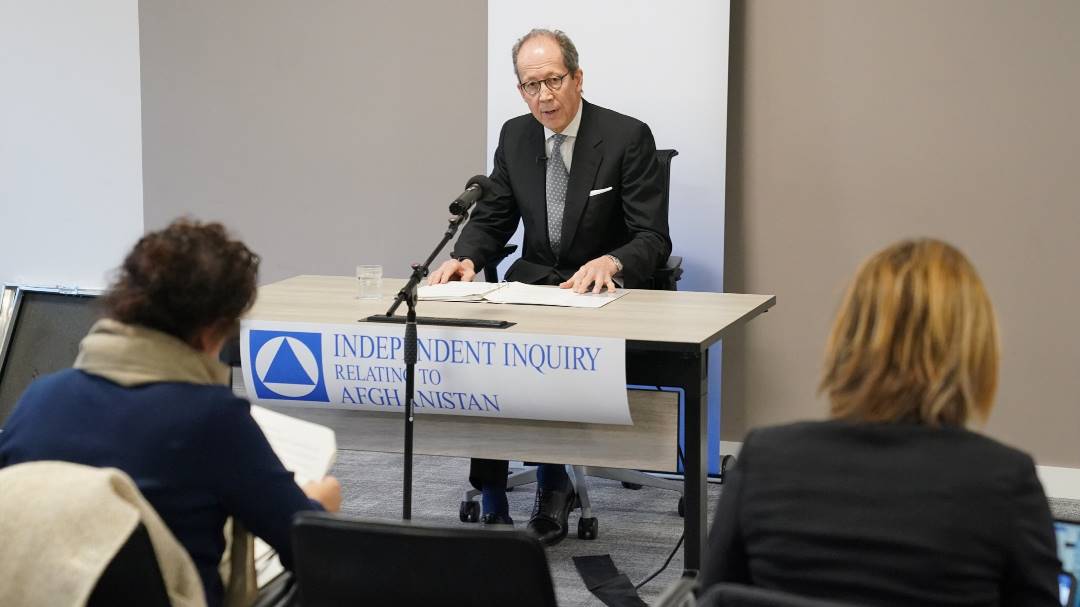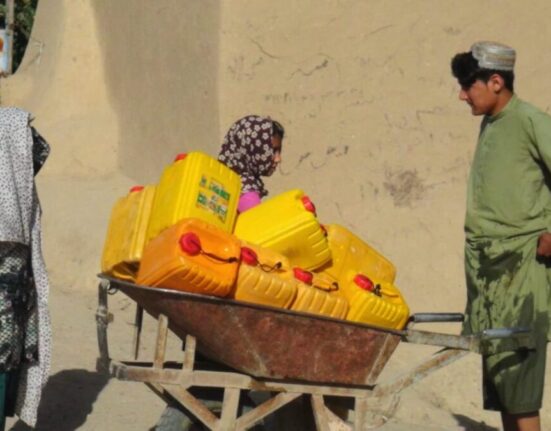Lord Justice Haddon-Cave said on Tuesday, at the first preliminary hearing of the independent inquiry into extrajudicial killings in Afghanistan by British soldiers, that a ‘growing number’ of individuals had come forward with information since the launch of the probe last month.
The session, at the Royal Courts of Justice in London lasted half an hour, and focused on whether extrajudicial killings were carried out by British armed forces in Afghanistan between 2010 and 2013.
The first witness hearing is expected to begin in October 2023.
The inquiry was launched by Haddon-Cave last month following allegations made of summary killings by British troops in Afghanistan.
He said at the hearing on Tuesday that the UK’s Chief of Defence Staff has told the armed forces he expects “maximum engagement” with the probe.
It is “critical” that those who have violated the law be referred to authorities “for the reputation of the armed forces and the country,” he said, referring to “extremely serious” allegations of more than 50 summary killings by the British Special Air Service (SAS) soldiers in Afghanistan, local media reported.
Addressing the progress made in gathering evidence, Haddon-Cave said: “I would like to make one thing clear – my call for evidence is already yielding results. A growing number of individuals are already coming forward with significant information.
“They can be assured that their information will be treated with the utmost discretion by the inquiry team. I am confident that others will have the same courage and commitment to come forward as the inquiry gathers pace.”
.
Britain’s Defense Ministry ordered the independent inquiry last year after a BBC TV documentary reported that soldiers from SAS had killed dozens of people during raids carried out by one SAS squadron in Helmand in 2010-11.
The probe however will also look into allegations that the Royal Military Police’s (RMP) investigation of reported unlawful killings by special forces was inadequate.
At a press conference last month, during the launch of the inquiry, Haddon-Cave said many hearings would have to be held in private due to “reasons to do with national security” that are “highly sensitive”.





